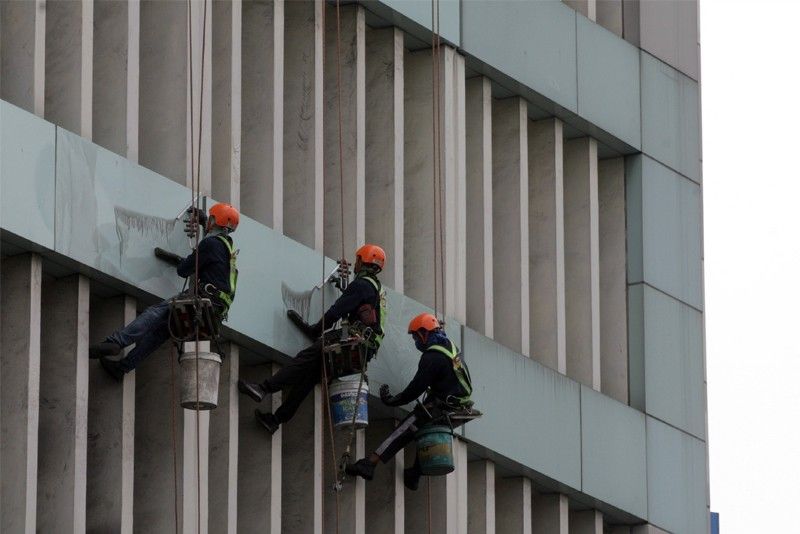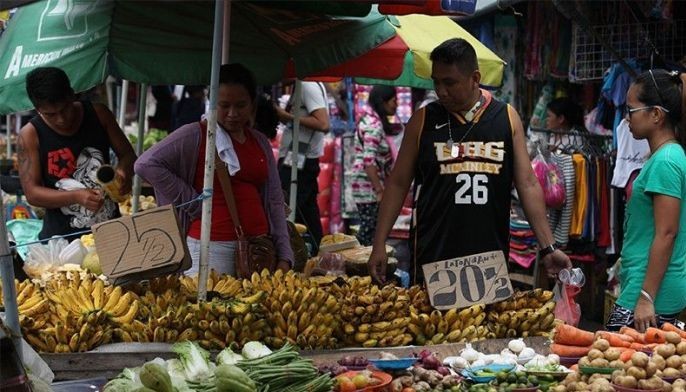World Bank downgrades Philippine growth forecasts

MANILA, Philippines — The World Bank on Friday slashed its growth forecasts on the Philippine economy to “reflect recent economic trends.”
In a statement, the Washington-based multilateral lender said it trimmed its growth projections for the Philippines to 6.4 percent in 2018 from 6.5 percent, and to 6.5 percent in 2019 from 6.7 percent.
If realized, World Bank’s updated estimates would fall below the low-end of the government’s downwardly revised 6.5-6.9 percent goal for this year, and 7-8 percent growth target in 2019 until 2022.
“A strong, consistent delivery of the infrastructure investment agenda while sustaining improvements in health, education and social protection will be key to maintaining the robust and inclusive growth outlook of the Philippines,” World Bank senior economist Rong Qian said.
Filipino households reeling from high prices since the beginning of the year finally got their much-awaited reprieve in November, which saw a four-month low inflation rate of 6 percent on the back of slower price increments for food and tumbling oil prices.
Soaring prices and surging borrowing costs have already weighed on consumer spending, which has traditionally been the driving force behind growth in the Philippines, and crimped economic expansion to a three-year low of 6.1 percent in the third quarter.
A recent central bank survey showed Filipino consumers and businesses turned less optimistic in the fourth quarter of the year due to sluggish economic growth last quarter, as well as stubbornly high inflation and tighter monetary policy.
READ: Consumer, business optimism dips on inflation, hikes
According to World Bank, a “moderation” in inflation in the next quarters would boost consumer confidence and raise private consumption in 2019.
The Bank added that the mid-term election in May would strengthen consumption by temporarily raising employment and disposable incomes in early next year.
“Nonetheless, the Philippines remains one of the fast-growing economies in the East Asia and the Pacific Region,” the lender said. — Ian Nicolas Cigaral
- Latest
- Trending





























